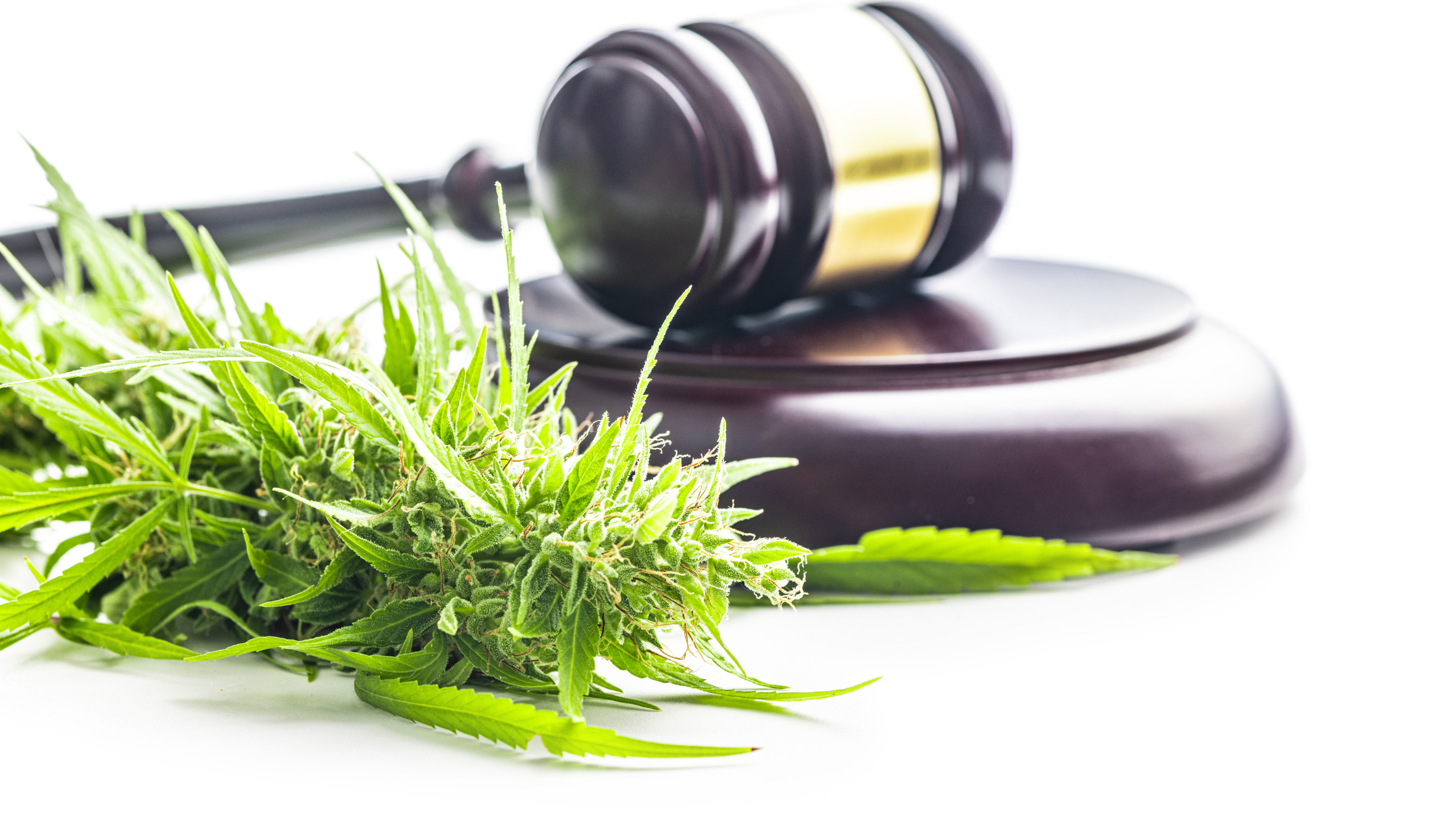
Breaking the Chains of the Past The Marijuana Prohibition Movement in Florida
Introduction to Marijuana Prohibition in Florida
Understanding the prohibition of marijuana in Florida requires a deep dive into the historical context of cannabis laws in the United States. The roots of anti-cannabis sentiment can be traced back to the early 20th century, where fear and misinformation painted marijuana as a societal threat. This was a time when sensationalized reports tied cannabis use to crime and madness, fueling public fear and leading to strict regulations.
Florida followed suit, implementing harsh penalties for possession, use, and distribution. By the mid-20th century, marijuana prohibition had effectively criminalized an entire plant genus, impacting countless citizens. This period marked the beginning of a long-standing battle against a plant that many now see as beneficial in various forms.
Key milestones in Florida's marijuana history include the implementation of stringent laws in the 1930s and the crackdown on cannabis during the War on Drugs in the 1980s. These actions not only shaped public perception but also cemented marijuana's status as an illegal substance, leading to decades of criminalization and social stigma.
Social and Economic Impact of Marijuana Prohibition
The repercussions of marijuana prohibition have reverberated through Florida's social and economic landscape, impacting individuals and communities in profound ways. One of the most significant social impacts has been on minority communities, who have disproportionately borne the brunt of cannabis-related arrests and incarcerations. This unequal enforcement has perpetuated cycles of poverty and disenfranchisement, leaving lasting scars on these communities.
Economically, the prohibition of marijuana has resulted in lost opportunities for growth and innovation. While other states have reaped the benefits of legal cannabis industries, Florida has been slow to capitalize on this burgeoning market. The potential for job creation, tax revenue, and business development remains largely untapped, hampered by outdated laws and regulations.
Furthermore, the legal system has been bogged down by the sheer volume of cannabis-related cases, diverting resources from more pressing issues. The cost of enforcing these laws is staggering, with billions spent annually on arrests, prosecutions, and incarcerations—funds that could be better utilized in education, healthcare, or infrastructure improvements.
Shifting Tides Towards Cannabis Legalization
In recent years, attitudes towards marijuana have shifted dramatically, both in Florida and across the nation. Public opinion has increasingly favored the legalization of cannabis, driven by growing recognition of its medicinal benefits and a desire for personal freedom. This change in perspective has spurred a wave of legislative reform, with Florida slowly moving towards more progressive cannabis policies.
Medical marijuana legalization marked a significant turning point, providing patients with access to cannabis-based treatments for a range of conditions. This move not only highlighted the plant's therapeutic potential but also paved the way for further discussions on recreational use. The role of public opinion in these changes cannot be overstated; as more Floridians support legalization, policymakers are compelled to take action.
This evolving landscape presents both challenges and opportunities for advocates and lawmakers alike. Crafting effective cannabis regulation requires careful consideration of public health, safety, and economic interests, ensuring that the benefits of legalization are realized without unintended consequences.
Challenges and Opportunities of Ending Marijuana Prohibition
The end of marijuana prohibition opens the door to a new era of possibilities, but it also presents several challenges that must be addressed. Regulatory frameworks will play a crucial role in shaping the future of Florida's cannabis industry, balancing consumer protection with business innovation. Robust regulations are needed to ensure product safety, prevent youth access, and mitigate potential negative impacts on public health.
Public health considerations are paramount in this transition. Education and awareness campaigns must be prioritized to inform the public about responsible cannabis use, potential risks, and the importance of safe consumption practices. By promoting a culture of informed choice, we can help prevent misuse and foster a healthier relationship with cannabis.
The emerging cannabis industry offers a wealth of opportunities for Florida. The potential for job creation, entrepreneurship, and economic revitalization is immense. From cultivation and processing to retail and tourism, the cannabis sector can become a driving force in the state's economy. By fostering a supportive environment for businesses and entrepreneurs, Florida can position itself as a leader in the cannabis industry.
Conclusion and the Future of Marijuana Policy in Florida
The path to marijuana legalization in Florida has been long and fraught with challenges, but the progress made thus far is undeniable. As the state moves closer to ending prohibition, continued advocacy and involvement from citizens, policymakers, and organizations are crucial. The Florida Healthy Alternatives Association (FHAA) stands at the forefront of this movement, championing responsible cannabis policies that benefit all Floridians.
The future of marijuana policy in Florida hinges on collaboration and collective action. By working together, we can ensure that cannabis legalization is implemented in a way that promotes public health, social justice, and economic growth. Visit our website to learn more about how you can get involved in this vital cause and join the fight to protect our progress and prevent future prohibitions.
Together, we can build a healthier, more equitable Florida where cannabis is embraced for its potential and regulated with care. Explore our resources, connect with fellow advocates, and be part of the change that will shape the future of marijuana policy in our state.
Share




